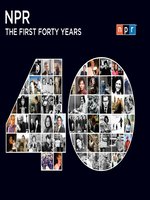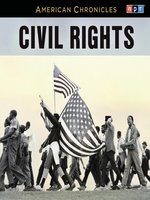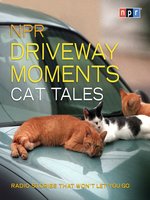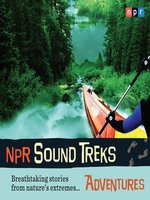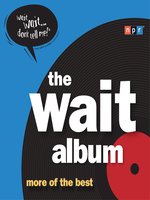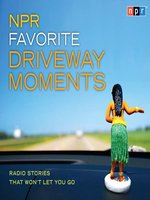NPR
 National Public Radio (NPR) is an American public broadcasting organization headquartered in Washington, D.C., with its NPR West headquarters in Culver City, California. It serves as a national syndicator to a network of more than 1,000 public radio stations in the United States.
National Public Radio (NPR) is an American public broadcasting organization headquartered in Washington, D.C., with its NPR West headquarters in Culver City, California. It serves as a national syndicator to a network of more than 1,000 public radio stations in the United States.Funding for NPR comes from dues and fees paid by member stations, underwriting from corporate sponsors, and annual grants from the publicly funded Corporation for Public Broadcasting. Most of its member stations are owned by non-profit organizations, including public school districts, colleges, and universities. NPR operates independently of any government or corporation, and has full control of its content.
NPR produces and distributes both news and cultural programming. The organization's flagship shows are two drive-time news broadcasts: ''Morning Edition'' and the afternoon ''All Things Considered'', both carried by most NPR member stations, and among the most popular radio programs in the country. the drive-time programs attract an audience of 14.9 million and 14.7 million per week, respectively.
NPR manages the Public Radio Satellite System, which distributes its programs and other programming from independent producers and networks such as American Public Media and Public Radio Exchange, and which also acts as a primary entry point for the Emergency Alert System. Its content is also available on-demand online, on mobile networks, and in many cases, as podcasts. Several NPR stations also carry programs from British public broadcaster BBC World Service. Provided by Wikipedia

